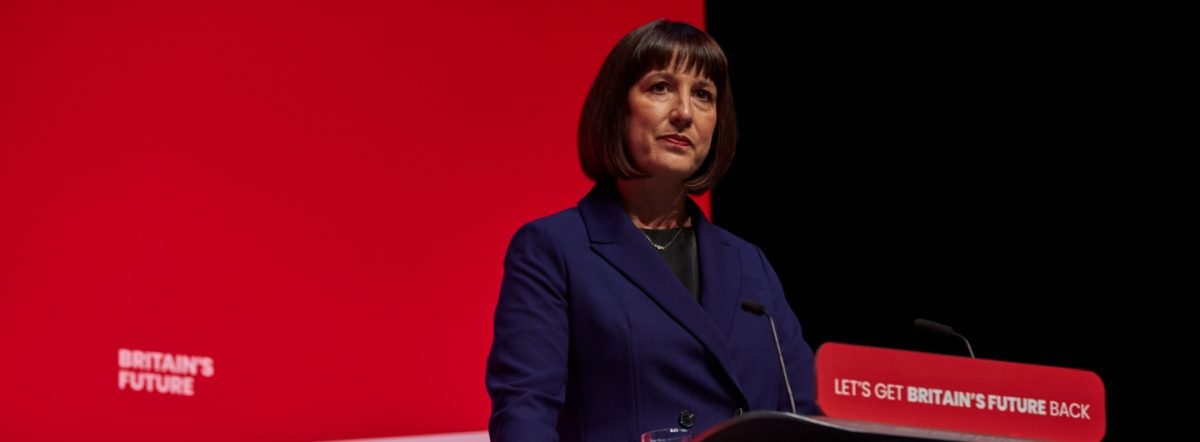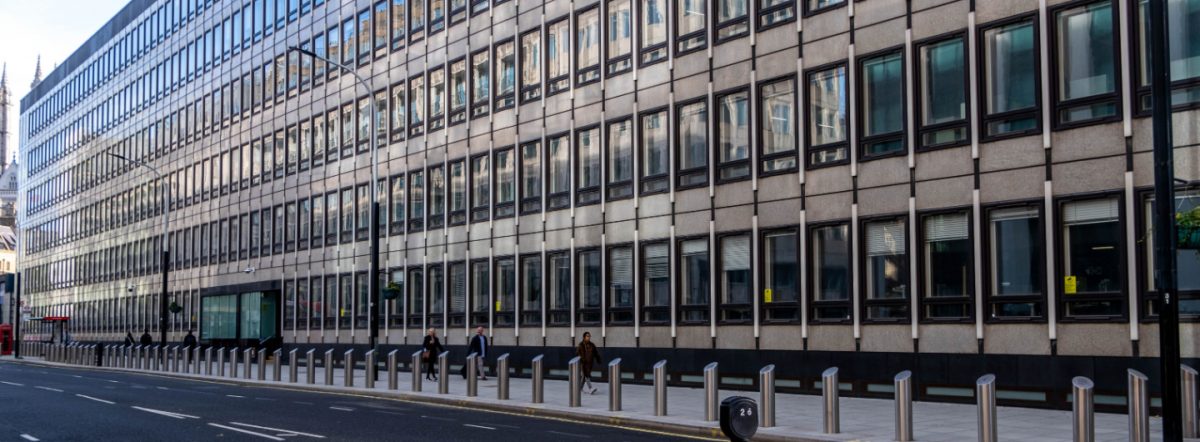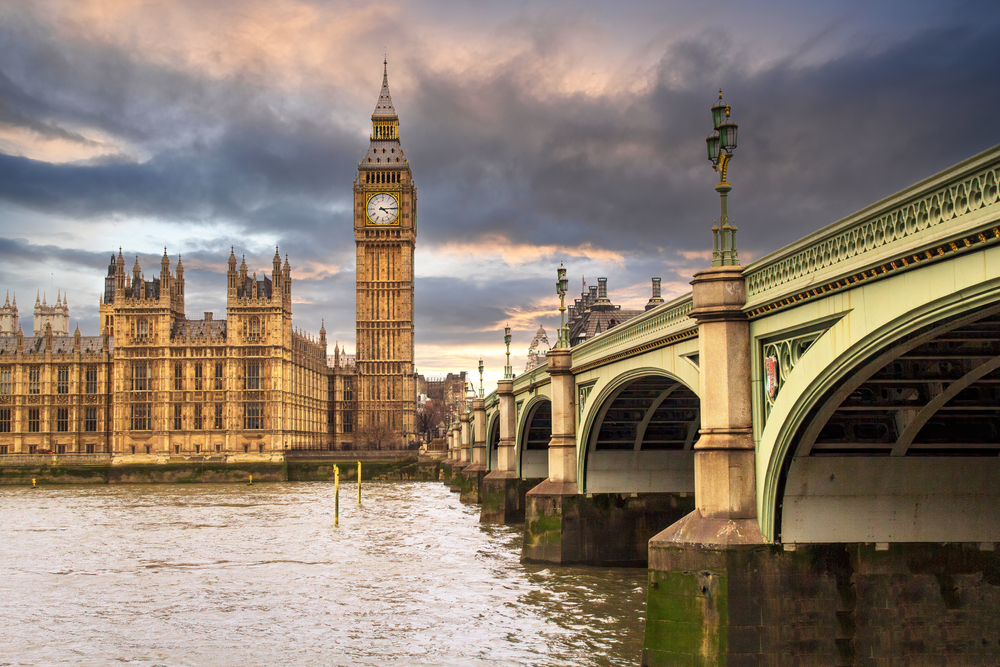Charities have written to Chancellor, Rachel Reeves MP, to set out the challenge now faced by pensioners this winter and ask the Government to reconsider its plans to axe Winter Fuel Payments.
The full text of the letter is below.
To:
Rt Hon Rachel Reeves MP, Chancellor of the Exchequer
Copied to:
Rt Hon Ed Miliband MP, Secretary of State for Energy Security and Net Zero
Rt Hon Liz Kendall MP, Secretary of State for Work and Pensions
Rt Hon Darren Jones MP, Chief Secretary to the Treasury
Miatta Fahnbulleh MP, Minister for Energy Consumers
Monday 5 August 2024
Dear Chancellor,
The Winter Fuel Payment to pensioners has been a settled part of support to help older people stay warm each winter for years.
The decision to remove the Payment to all but a small minority of pensioners will see millions more older people face the prospect of spending this winter in cold damp homes.
This has the potential to create a public health emergency. The impact of living in cold damp homes is particularly harsh on those older people with a disability, a long term health condition or with poor mental health.
It results in these people turning to an NHS that is already under stress and in some cases, can result in additional winter deaths.
We understand the arguments for means testing the benefit, but the approach you have taken is the wrong one.
We urge you to rapidly consult with consumer groups to broaden the targeting of the Winter Fuel Payment, to introduce support to end energy debt, expand the Warm Home Discount and extend the Household Support Fund.
For the medium term, we recommend that the Government reforms standing charges and consults on how a social tariff could protect the most vulnerable in society from the cost of energy.
We have publicly commended the Government in taking some of the long term measures to tackle high energy bills, such as the drive for more renewable energy and a Warm Homes Plan. But these solutions will take time to bring down bills.
Energy bills are due to increase further on 1 October, meaning that a pensioner who no longer receives Winter Fuel Payment, will experience a real-terms increase in their energy bills of up to 15% in winter 2024/25 compared to winter 2023/24.
Unless we see urgent action from the Government to keep people warm this winter, one of the first actions of the new Government will be to condemn more vulnerable households to fuel poverty.
We would be happy to meet with you to discuss this further.
Yours sincerely,
End Fuel Poverty Coalition
Disability Poverty Campaign Group
Fuel Poverty Action
National Pensioners’ Convention
Disability Rights UK
Warm This Winter
350.org
Community Action Northumberland
Advice for Renters
Fairer Housing
Scope
Green Rose CIC
MND Association
The Printing Charity
VOICES ADFOCAD
Surrey Coalition of Disabled People
Bringing Us Together
Independent Age
Agewell CIC
Adult Social Care Warriors
Zero Hour
The Working Class Climate Alliance
38 Degrees
High Peak Green New Deal
Voluntary Organisations Disability Group (VODG)
Community Housing Cymru
Hackney Foodbank
Equal Right
Global Witness
Harrow Association of Disabled people (HAD)
Bristol Reclaiming Independent Living
WinVisible (women with visible & invisible disabilities)
The Climate Coalition
Community Money Advice
Climate Cymru
Clynfyw Care Farm
Stop Climate Chaos Cymru
Pontypridd Land Society
Awel Amen Tawe
Cardiff Quakers
Ffynnone Community Resilience
Climate and Community
Tir Natur
Egni Cooperative
The Coproduction Network for Wales
Climate Shop
Gwyrddni
The One Planet Centre
The Mentor Ring
Sustainable Wales
Datblygiadau Egni Gwledig
XR Cardigan
Friends of the Earth
Medact
Image Credit: Martin Suker / Shutterstock










